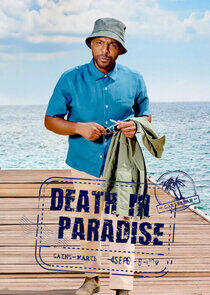Bill Nye: The Science Guy - Season 4
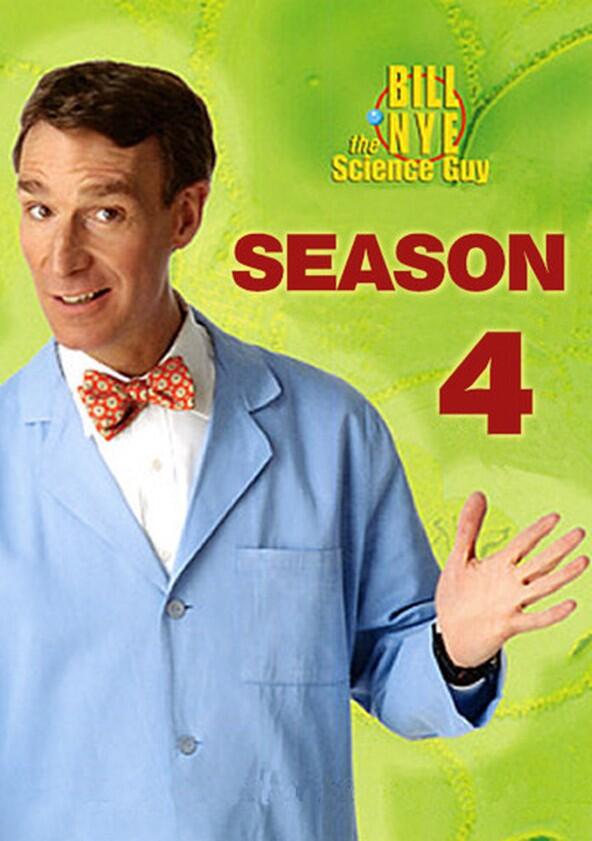
Season 4

Episodes
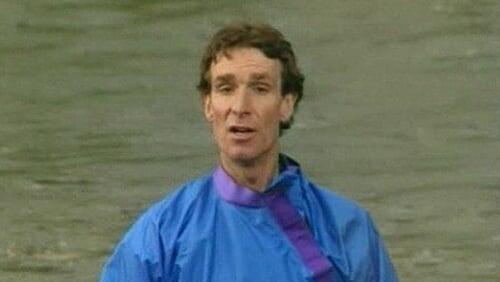
Rivers & Streams
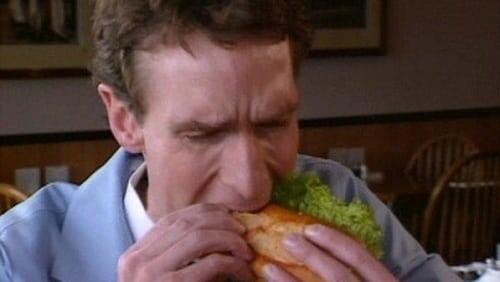
Nutrition
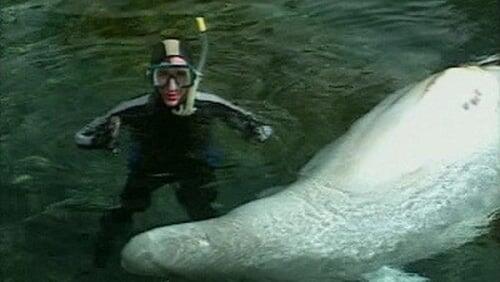
Marine Mammals
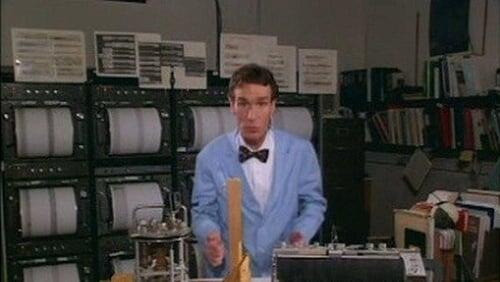
Earthquakes
Bill Nye explains what makes the Earth's crust move and visits the scientists who study earthquake activity.

NTV Top 11 Video Countdown
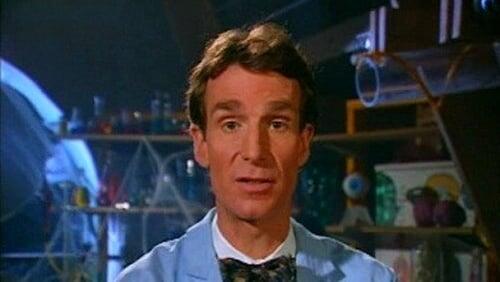
Spiders
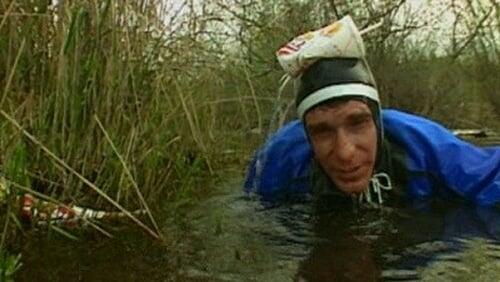
Pollution Solutions
People need to find ways to clean up the Earth for future generations.
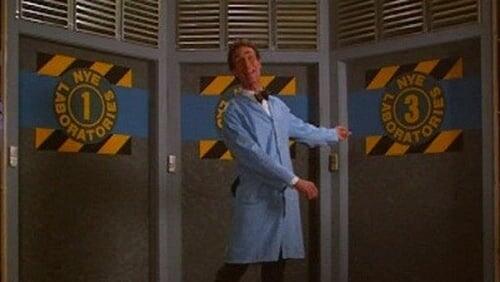
Probability
A lesson on the laws of probability shows how to predict events
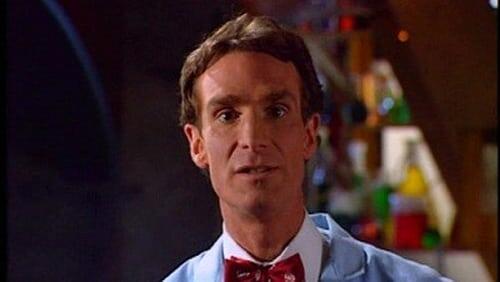
Pseudoscience
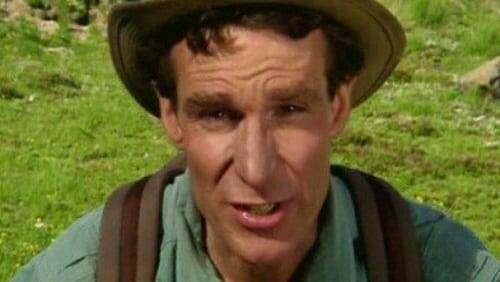
Flowers
Actress Drew Barrymore helps show how flowers are pollinated and reproduce.
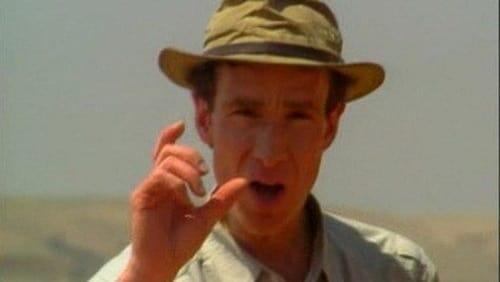
Archaeology
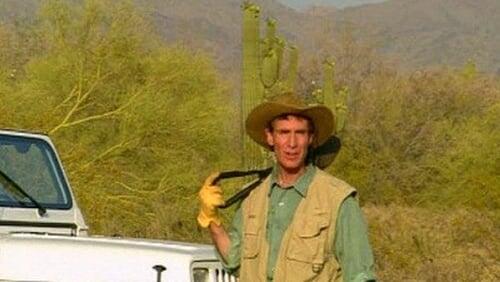
Deserts
A trip to Arizona's Sonoran desert, a unique ecosystem.
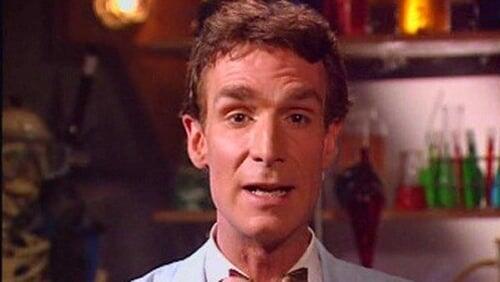
Amphibians
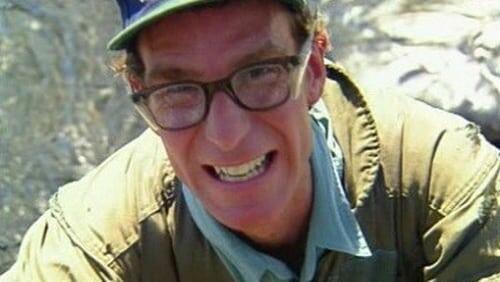
Volcanoes

Invertebrates
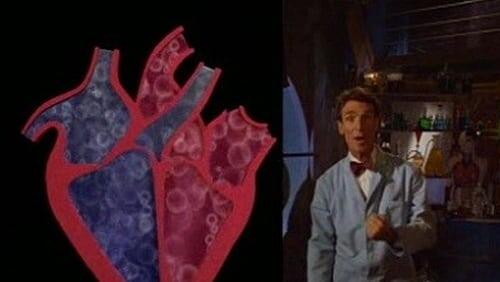
Heart
The circulatory mechanism's most magnificent muscle. With Seattle Mariner Edgar Martinez.

Inventions
The process of inventing and how some inventions are ``accidents.'' Actor Samuel L. Jackson appears.
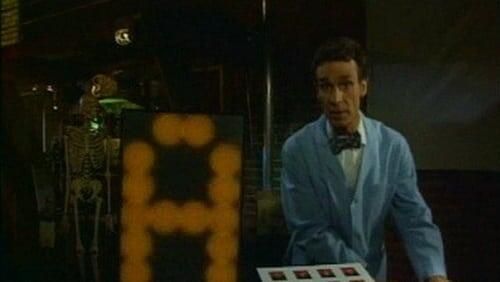
Computers
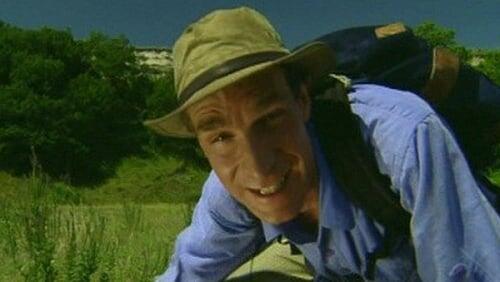
Fossils
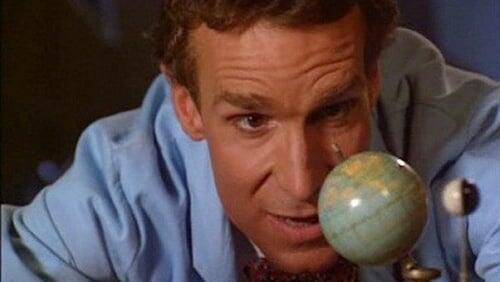
Time
Recently Updated Shows
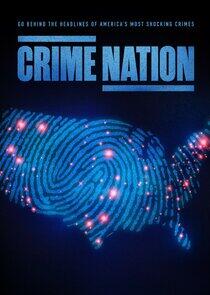
Crime Nation
Redefining the true crime genre, each thrilling two-hour episode delves deep into a riveting true crime sensation that has captured the attention of the nation. Each episode reveals new details about these stories through expert analysis, exclusive reporting and never-before-seen interviews. Also dives into the world of social media by talking to crime enthusiasts, social media sleuths, podcasters and digital detectives who in some instances have used their network to help solve cases.

The Real Housewives of Beverly Hills
The Real Housewives of Beverly Hills offers a glimpse inside the world of luxurious wealth and pampered privilege, where being seen and who you know is everything. These women are in the center of it all and they have the mansions, the cars, and the diamonds to prove it. From heiresses to entrepreneurs to a family of child actresses - they deliver the star power and the drama.

On Patrol: Live
Hosting and executive producing On Patrol: Live is Dan Abrams, CEO and Founder of Abrams Media, host of Dan Abrams Live on NewsNation, Chief Legal Analyst for ABC News, and former host of Live PD. Joining Abrams is Sgt. Sean "Sticks" Larkin, retired Tulsa Police Department lieutenant with nearly 25 years of service, and Deputy Sheriff Curtis Wilson, Division Commander with the Richland County Sheriff's Department in Columbia, SC.

The Food That Built America
For generations of Americans, food titans like Henry Heinz, Milton Hershey, John and Will Kellogg, C.W. Post and the McDonald brothers have literally been household names, but you don't know their stories. Before they were brand names, they were brilliant, sometimes ruthless, visionaries who revolutionized food and changed the landscape of America forever. This miniseries event will tell the fascinating stories of the people behind the food that built America – those who used brains, muscle, blood, sweat and tears to get to America's heart through its stomach, and along the way built cities, invented new technologies and helped win wars.
